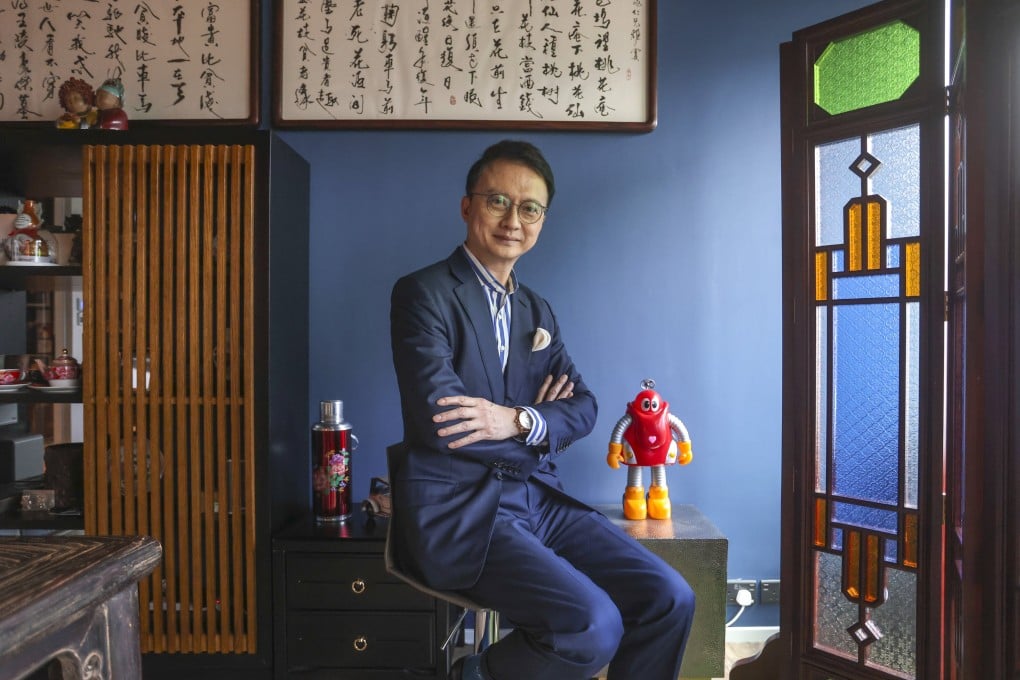How 2 renowned Hong Kong doctors went from chats about faeces to leading a biotech start-up in a US$3 billion market
- Science-Park based GenieBiome is focused on turning research into the human microbiome into tests and treatments, aiming at a US$3 billion market
- Under the brand G-NiiB, the company’s products include prediction tests for colon cancer and autism, as well as novel supplements

One early morning almost four years ago, two world-renowned Hong Kong clinician-scientists in gastrointestinal disease sat down in a coffee shop at Prince of Wales Hospital in Sha Tin to discuss a subject that is not considered acceptable in such a setting: Human waste.
Over a napkin, Francis Chan Ka-leung and fellow professor Siew Ng sketched out their idea to found a business based on an unorthodox-sounding idea: using faecal material from a healthy person to restore the balance of good and bad bacteria in a patient’s gut microbiome.
“Our initial plan was to come up with a poop company,” said Francis Chan Ka-leung, the dean of medicine at Chinese University of Hong Kong. The concept of a faecal transplant, which actually dates back to fourth-century China, has gained scientific support and found its way into clinical practice in recent years, creating the market opportunity Chan and Ng identified.
Armed with their business plan, the two doctors started approaching venture capitalists and family offices to raise funds. Then they faced a tough question: “What is your business model?”
“I was kind of shocked,” said Chan, who has spent 30 years in academic research but not a single day running a business. “What do you mean by business model? I have shown you all my scientific papers. Not good enough?”